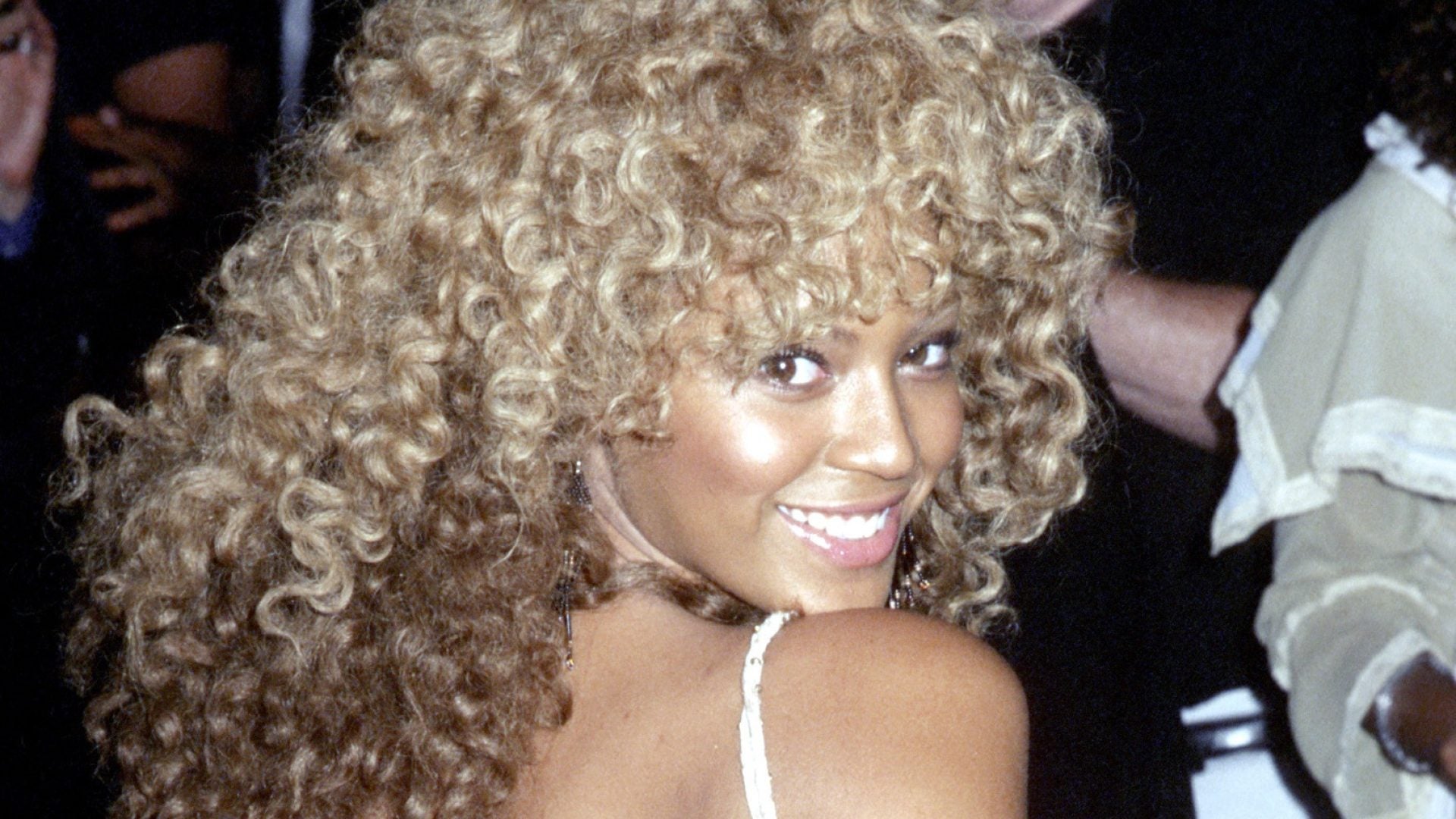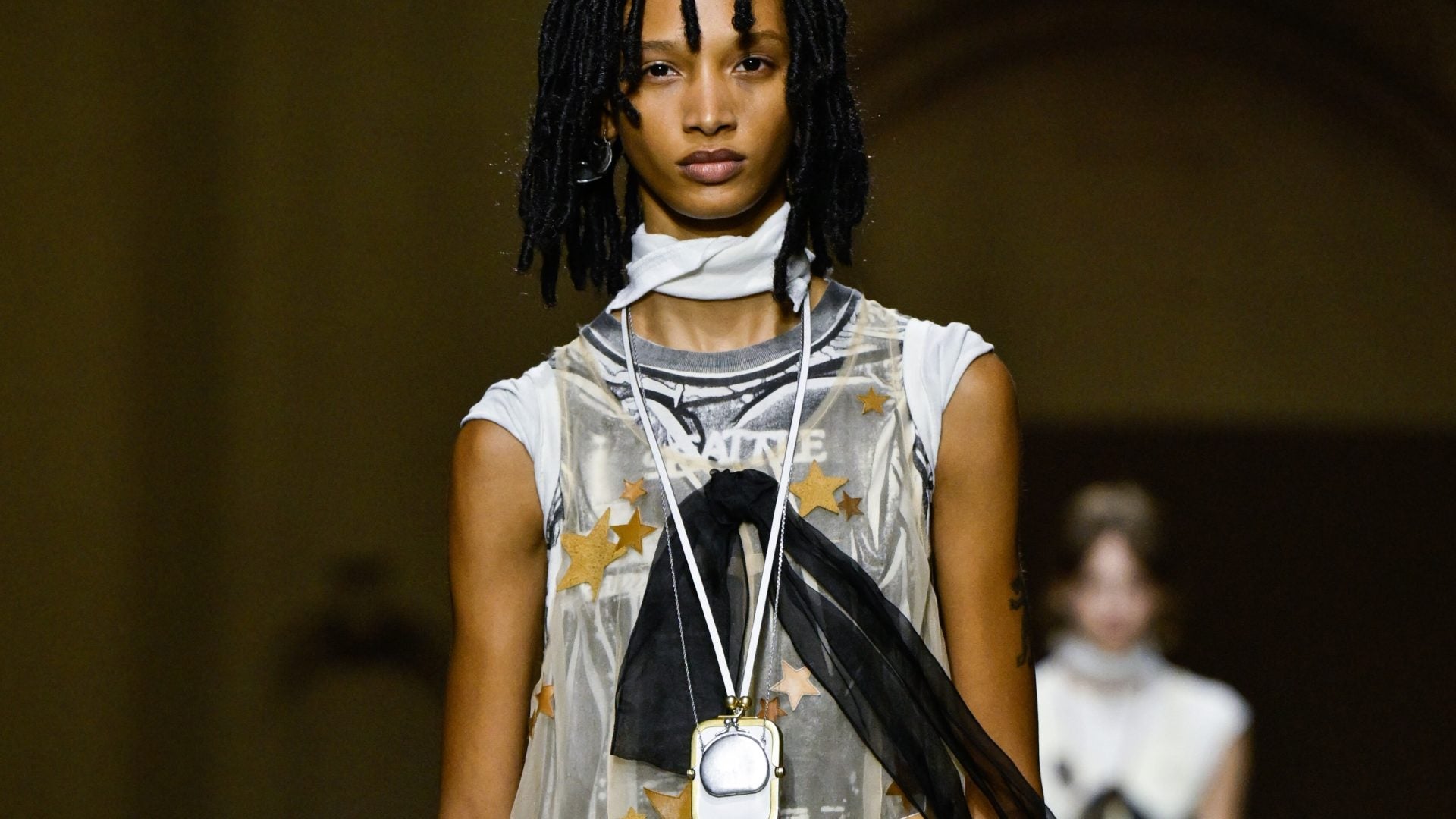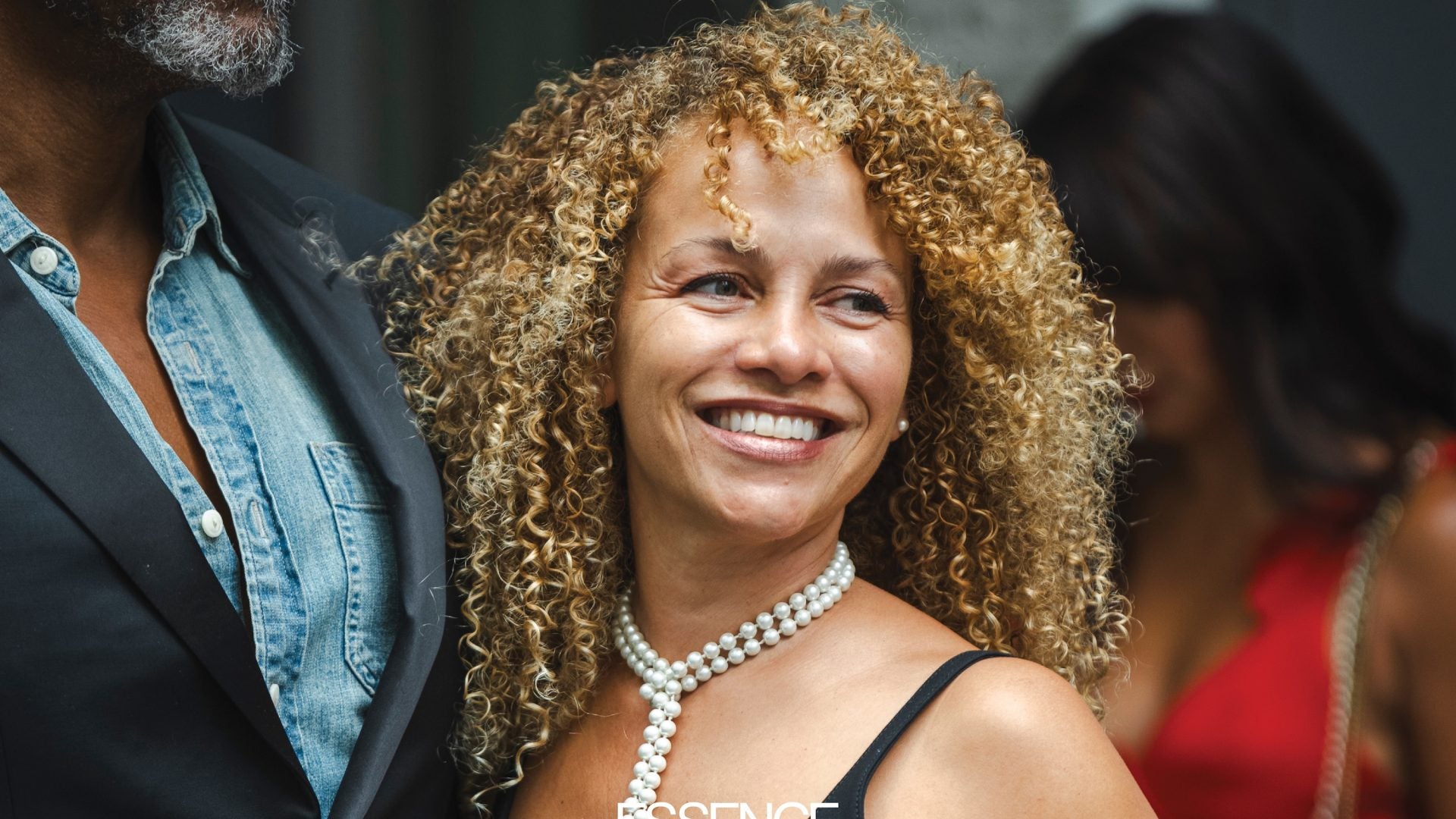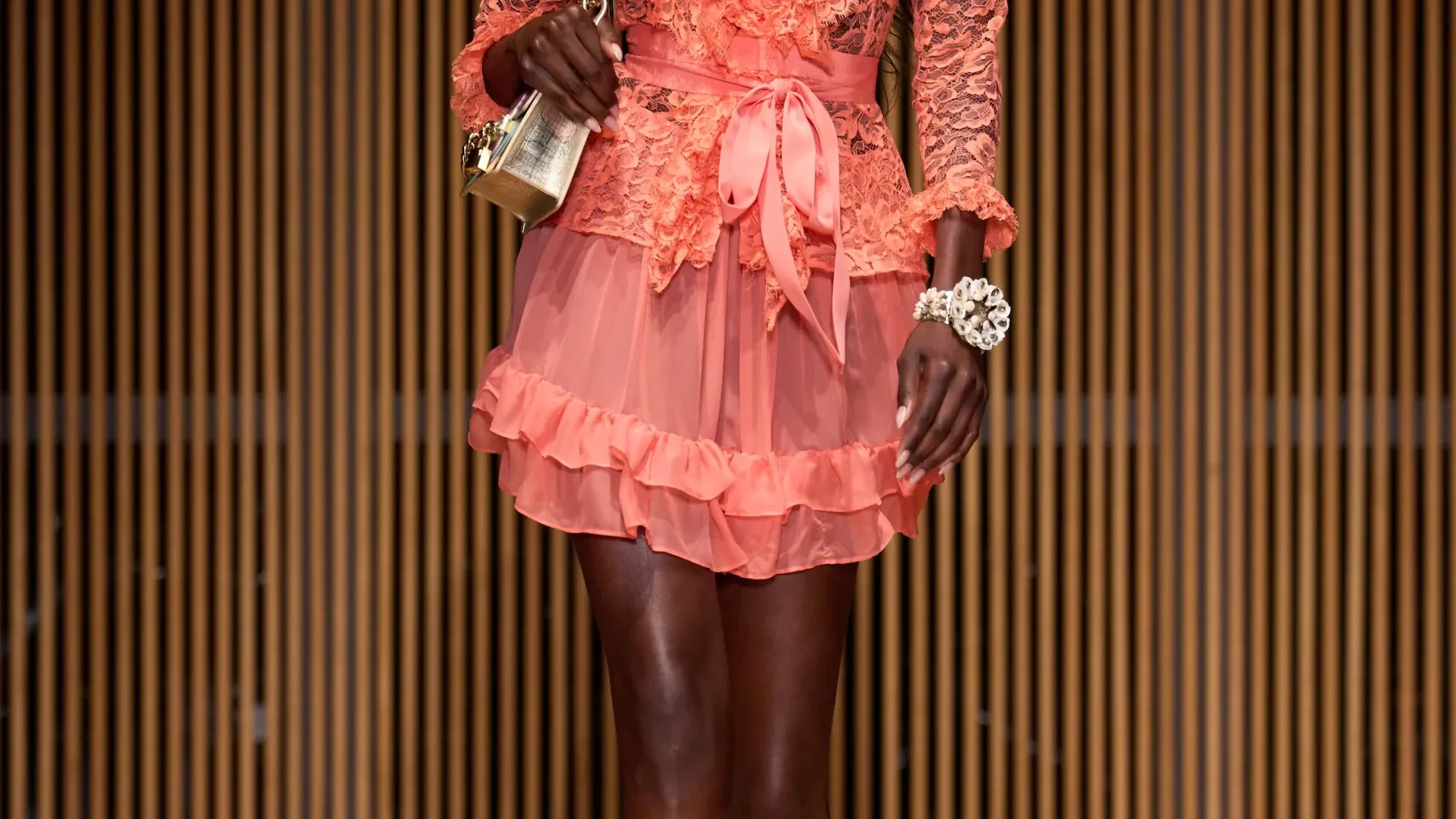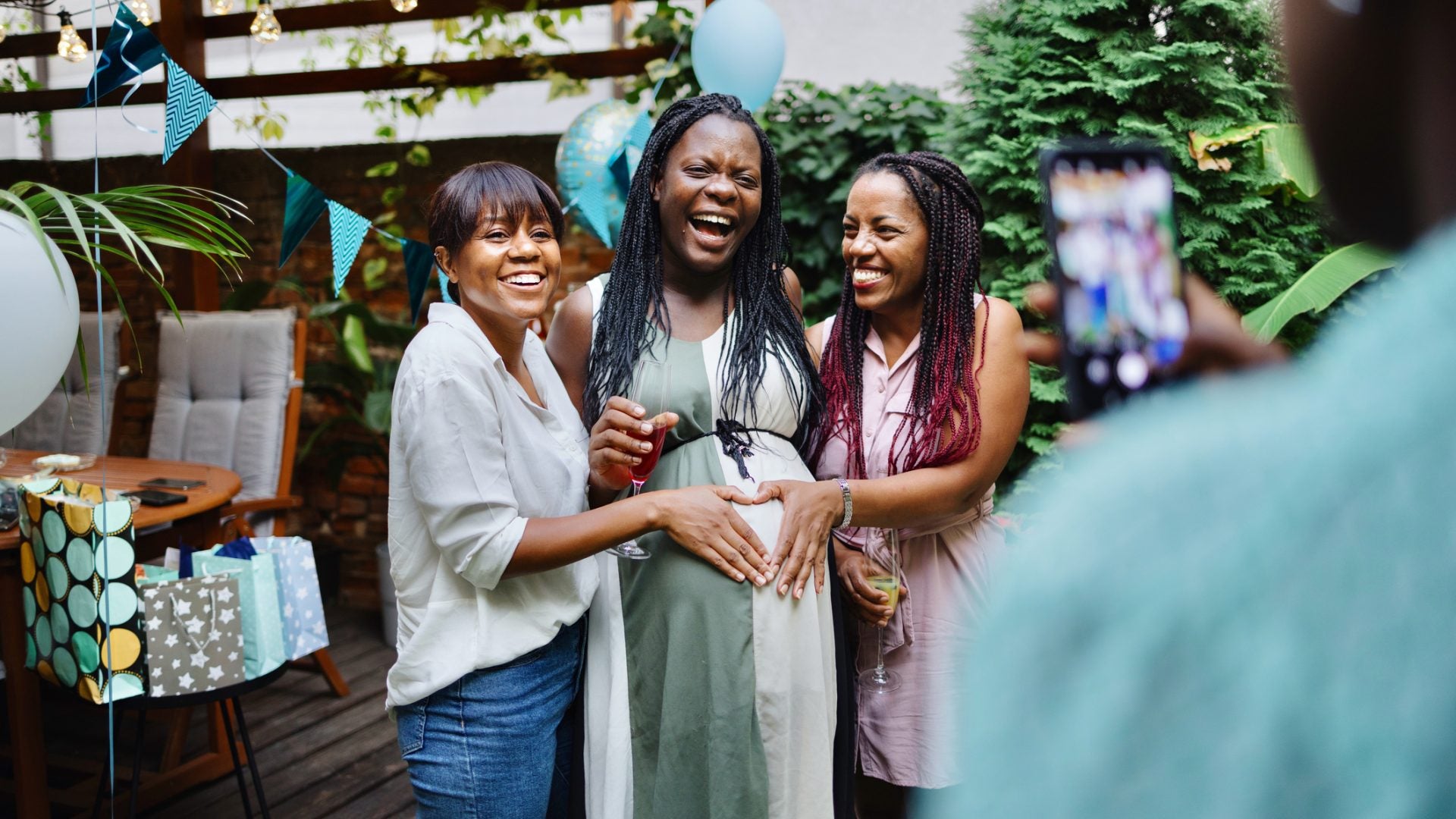
Simone Biles has no regrets when it comes to her decision to withdraw from the Olympic Games earlier this year. In fact, she believes that she never should have competed in the first place.
The 24-year-old gymnast opened up about her Olympic experience with New York Magazine’s The Cut, revealing that she was dealing with her own mental health and grief over the recent death of her beloved aunt, all while performing to her highest possible standard and eventually taking home two medals for Team USA.
Biles admits that her traumatic experience at the hands of former Olympic doctor Larry Nassar was still weighing heavily on her mind while she was competing, and she should have taken time to properly deal with that before jumping back into competition.
“If you looked at everything I’ve gone through for the past seven years, I should have never made another Olympic team,” Biles said.
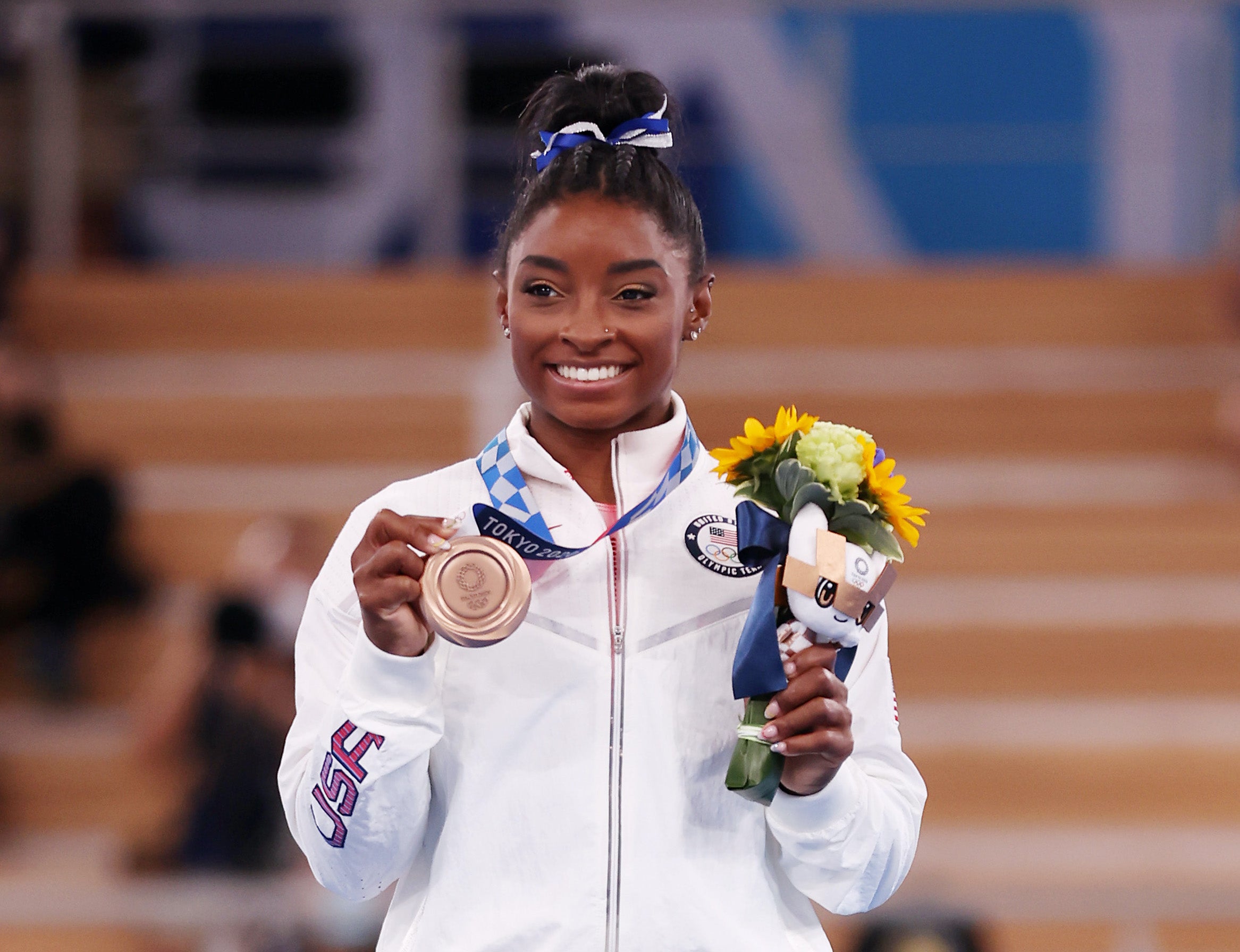
“I should have quit way before Tokyo when Larry Nassar was in the media for two years. It was too much,” she added. “But I was not going to let him take something I’ve worked for since I was 6 years old. So I pushed past that as long as my mind and my body would let me.”
While Biles pushed her mind beyond its limits in the name of competition, her body put her Olympic involvement on pause. She decided to exit the games when she developed a case of the twisties mid-competition, a condition that causes a type of disconnection between a gymnast’s mind and body mid-air. This condition can have catastrophic complications for an athlete mid-routine, as it impairs the competitor’s perception and vision.
Though she ultimately knows she made the right decision for herself, Biles admits that the disappointment over how the games played out will hit her at random intervals.
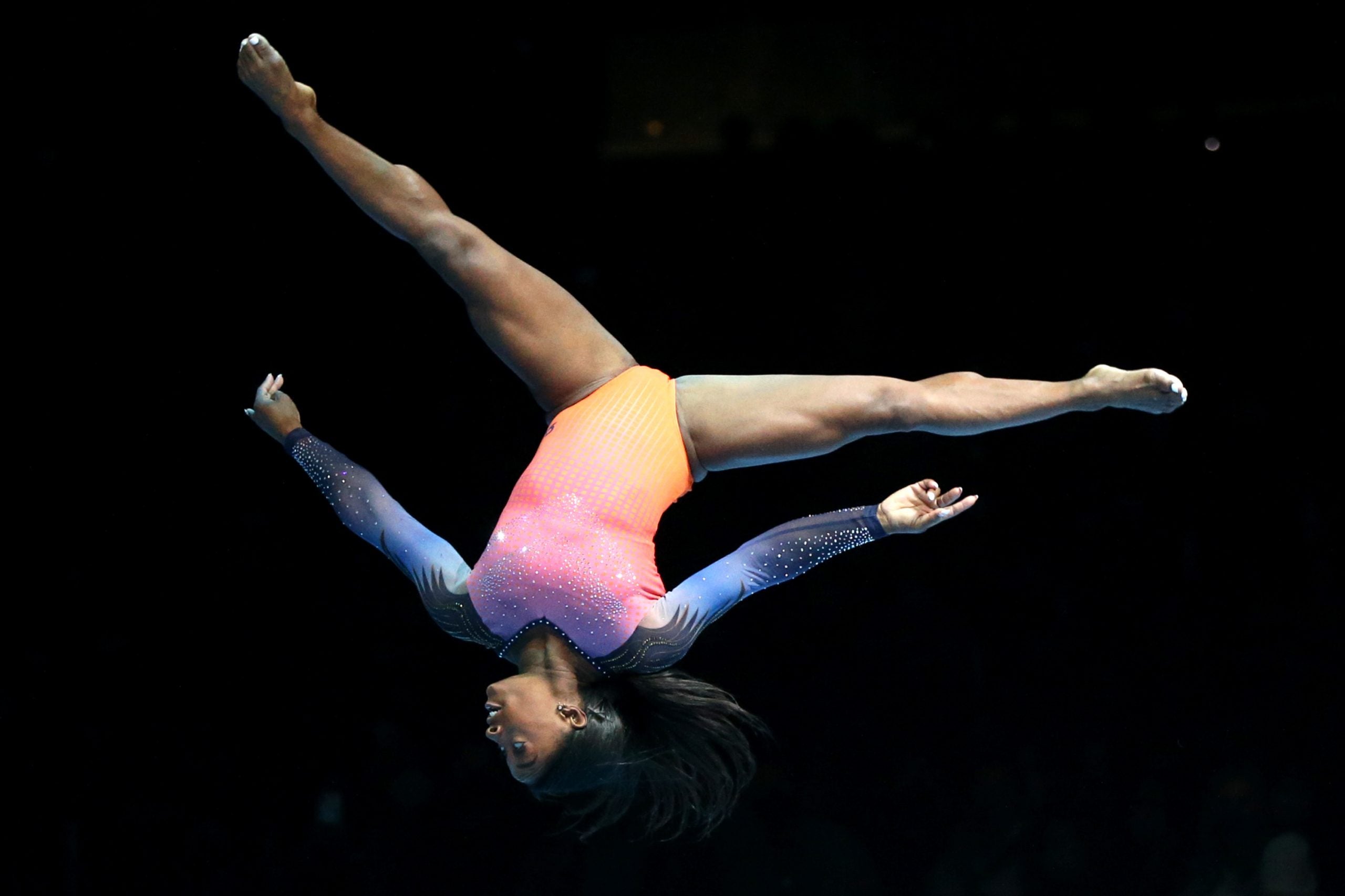
“Sometimes it’s like, yeah, I’m perfectly okay with it,” she says of her Olympic withdrawal. “Like, that’s how it works. That’s how it panned out. And then other times I’ll just start bawling at the house.”
However, she realizes that is partially due to internalized pressures from the outside world, expecting women who look like her to deliver greatness and a constant willingness to perform, regardless of what may be going on with them mentally or physically.
“As a Black woman, we just have to be greater. Because even when we break records and stuff, they almost just dim it down, as if it’s just normal.”
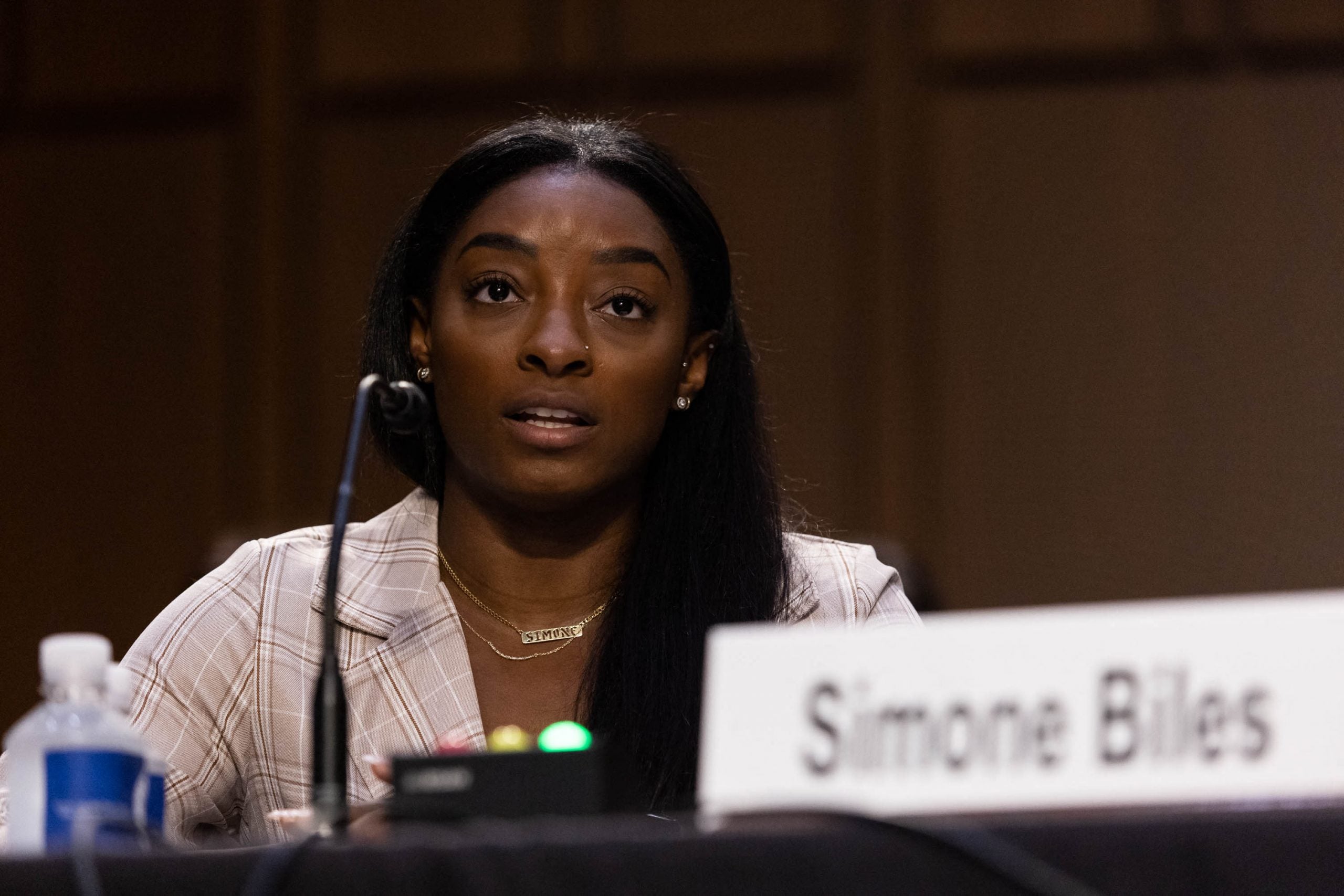
After leaving the games, Biles faced an even bigger challenge: taking the stand to testify against Nassar at the Senate Judiciary Committee’s hearing on his multiple sexual abuse allegations. While speaking at the September 15 hearing, Biles bravely held both the United States Olympics Committee and the FBI accountable for allowing his predatory abuse to continue for decades.
With her spot as the greatest firmly solidified, Biles has since taken a break from training and has decided to instead focus on therapy and healing.
“This will probably be something I work through for 20 years,” Biles told the magazine. “No matter how much I try to forget. It’s a work in progress.”
Ultimately, Biles says she has learned a lot from her experience and has found strength and her own voice through it all. And with 32 medals and titles attached to her name, she now knows she doesn’t owe the world more than she has given.
“It will be a long time for someone to accomplish what I’ve accomplished.”
